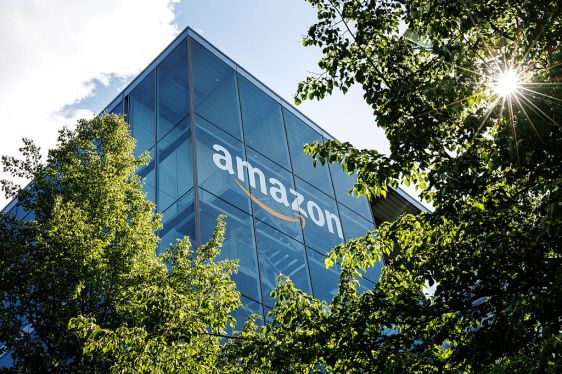A report in The Wall Street Journal last week found that prices on Amazon’s low-cost essentials had risen since President Trump announced his plans for massive tariffs on international goods. Amazon responded with a lengthy blog post, calling the WSJ’s reporting “fundamentally flawed.”
The WSJ analyzed the prices of 2,500 common Amazon items, such as cough drops, antibacterial wipes, and chicken broth. The study determined that prices for these items increased by an average of 5% from Trump’s inauguration on January 20 to July 1.
Amazon accused the WSJ of “cherry-picking” data and ignoring other factors affecting product costs. The company argued that some of the WSJ’s findings were inaccurate because certain items, like Dove deodorant and Yogi Tea bags, were on sale in January when the initial data was collected. Amazon stated that the price increases resulted from promotions ending, not inflation or tariffs.
Amazon’s pricing is often dynamic, leading to fluctuations. A random sampling of products at a given time can provide meaningful analysis. The fact that Amazon felt compelled to respond suggests the company is sensitive about the issue and may even fear retaliation from the Trump administration.
Aside from Amazon’s pricing, customers may notice slight increases in costs for popular items. According to the U.S. Bureau of Labor Statistics’ June report, consumer prices rose 0.3% for the month and 2.7% for the year.

